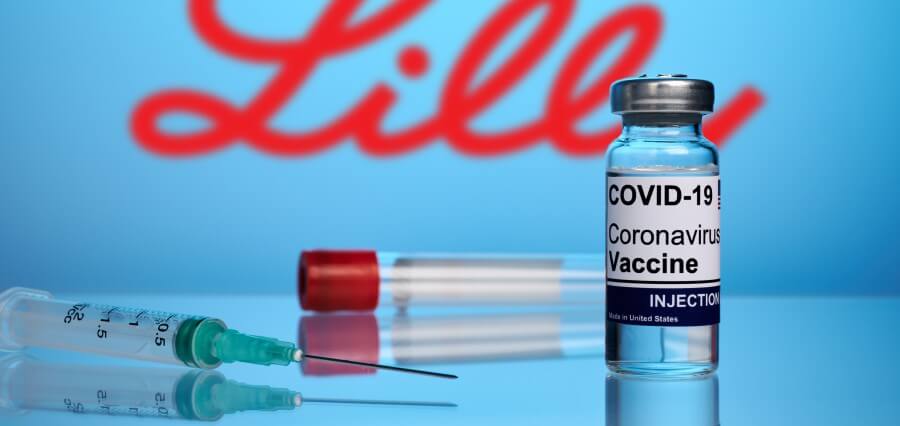Eli Lilly reported outstanding second-quarter earnings and revenue on Thursday, significantly surpassing expectations and prompting the company to raise its full-year revenue forecast by $3 billion. The surge in sales of its blockbuster diabetes drug Mounjaro and weight loss injection Zepbound was the primary driver behind these impressive results.
Following the announcement, Eli Lilly’s shares closed more than 9% higher. The company now anticipates its full-year revenue to range between $45.4 billion and $46.6 billion, up from its previous guidance. Additionally, Eli Lilly raised its full-year adjusted earnings forecast to a range of $16.10 to $16.60 per share, an increase from the earlier projection of $13.50 to $14 per share.
This upward revision was largely attributed to the strong performance of Mounjaro and Zepbound, as well as increased clarity regarding the company’s production expansions and upcoming launches of Mounjaro outside the U.S. The company noted significant progress in overcoming supply challenges, with all doses of Zepbound and Mounjaro now available in the U.S. after a period of shortages.
Eli Lilly CEO David Ricks highlighted the extraordinary demand for these incretin drugs, which suppress appetite and regulate blood sugar, and noted the company’s efforts to scale up production. He mentioned that Eli Lilly has built six manufacturing plants and hired thousands of workers to meet the growing demand, with a 50% increase in production expected in the second half of 2024 compared to the previous year.
For the second quarter, Eli Lilly reported adjusted earnings per share of $3.92, well above the expected $2.60, and revenue of $11.30 billion, surpassing the forecasted $9.92 billion. This represents a 36% increase in revenue from the same period last year, driven by the higher demand for Mounjaro and Zepbound.
Mounjaro generated $3.09 billion in revenue, more than triple its sales from the previous year, while Zepbound, in its second full quarter on the U.S. market, brought in $1.24 billion, exceeding analyst expectations.
As Eli Lilly continues to ramp up production and expand access to its incretin drugs, the company remains poised for continued growth, solidifying its position as the largest pharmaceutical company in the U.S. with a market cap exceeding $730 billion.
Read More: Click Here





